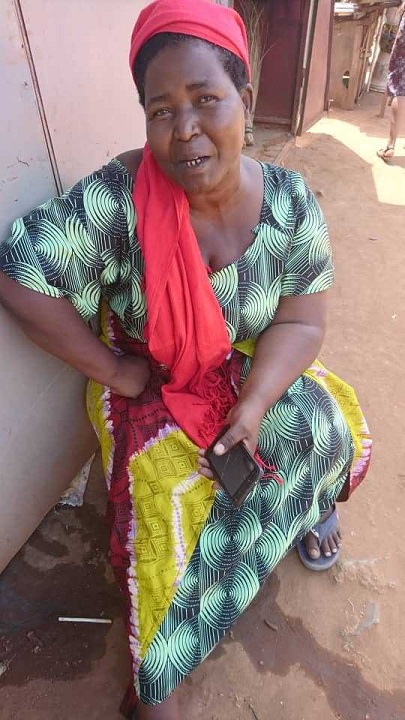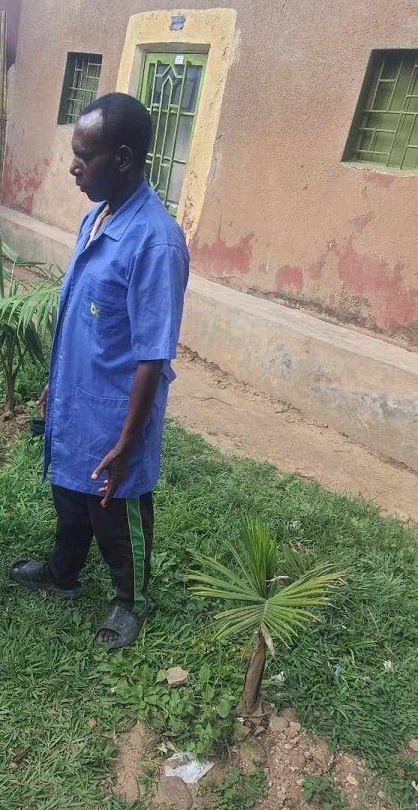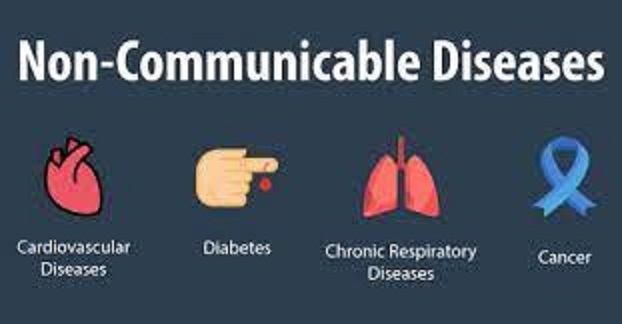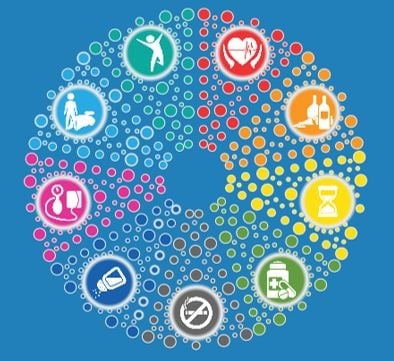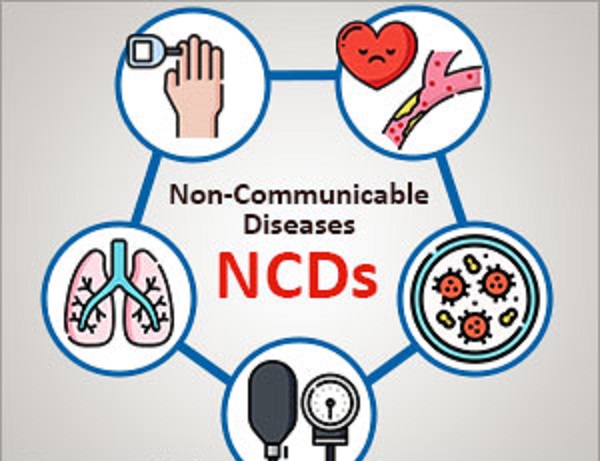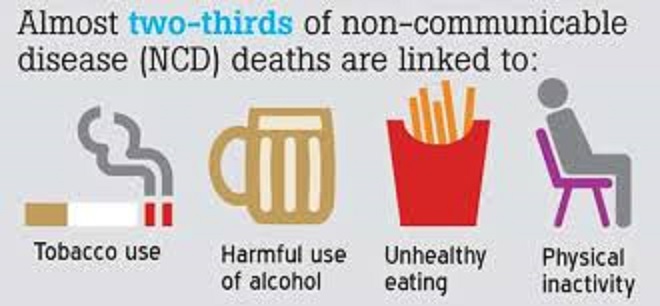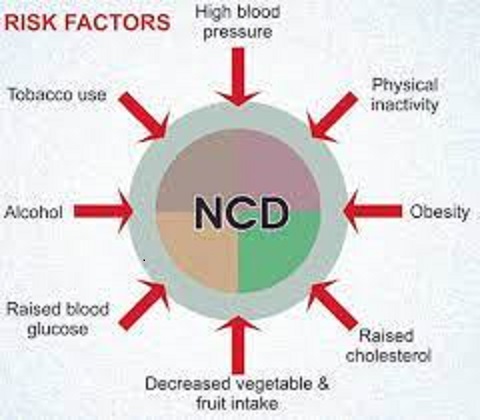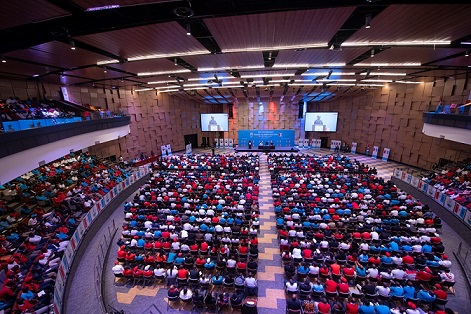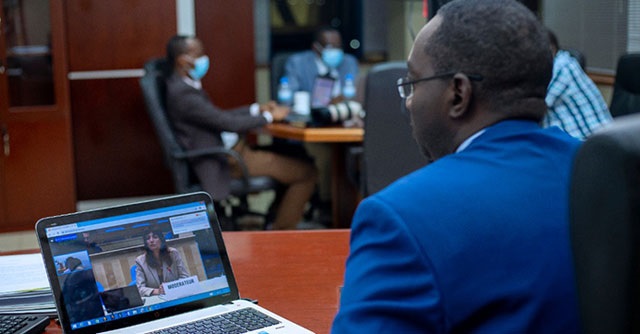Noncommunicable diseases (NCDs), including heart disease, stroke, cancer, diabetes and chronic lung disease, are collectively responsible for 74% of all deaths worldwide. Rwanda, as elsewhere around the world, the burden of NCDs is increasing.
World Health Organization (WHO) estimates from 2016 show that NCDs, injuries and disabilities, accounted for 58 percent of total annual mortality in Rwanda. However, more than three-quarters of all NCD deaths, and 86% of or the 17 million people who died prematurely, before reaching 70 years of age, occur in low- and middle-income countries.
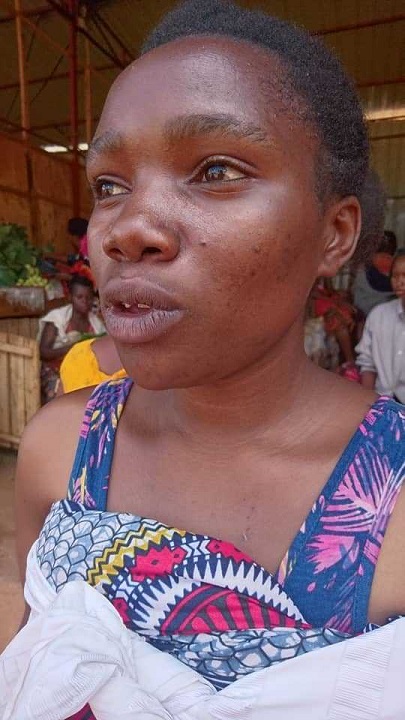
“There is still a gap, some of our community health worker, are busy and to understand NCDs via Media, isn’t enough without sustainable awareness toward treatment and prevention. However, in my family we have patients but they knew it a bit late through NCDs awareness and have started treatment. This awareness it’s very important and can be apply to each cells and villages in our community, etc.” Said Bigilimana Alice, 23, a business women, Nyarugenge District.
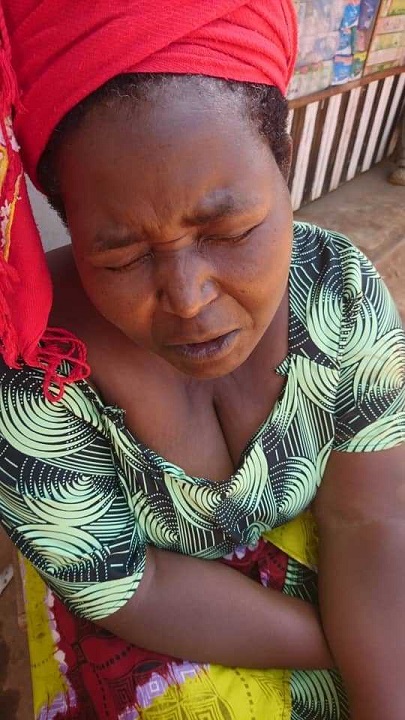
“It’s terrible to hear that you’re affected by some NCDs, while to some of us, poverty can’t even allow us for appropriate treatment, thus it’s better to prevent early, also NCDs institutions require to increase awareness, approach and strategic enforcement in the village/rural area, to better understand well NCDs effects and early treatment and also possibly free treatment in the local health care due to that many people don’t have money to fulfill it” Said Nkulije Donatha, a mother ,in Gasabo district.
As a community health worker, our approach to rise NCDs awareness it’s very important, particularly while I recall some Pregnancy women to nose use alcohol and drugs, because it can affect pregnancy. Also, to have been talked to some NCDs patients and others to take care for treatment, communicate among them and prevention early. There are urged to reach our health center for early check -up and effective prevention.” Said Sebatunzi Antoine, Community health worker, in Gikondo, Kicukiro District.
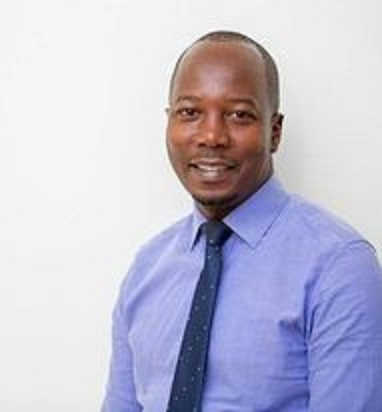
“NCD National Strategic Plan (2020-2025), A Nation free from the avoidable burden of NCDs. Including injuries and disabilities. To enhance national multisectoral collaborations to alleviate the economic, social and medical burden of NCDs, reduce morbidity and premature mortality, improve functionality, and ensure a healthier population. With commitment through 2025 to reduce premature mortality from NCDs by 25%. Also, to reach 4.5 million people in 5 years. Which still require to furthermore cooperate with different institutions toward inclusive Awareness for our community. To have basic information on the prevention, treatment and key strategies on how to fight NCDs early. For instance, Priority group for cervical cancer, 30-49 years, only 11.7% of women eligible for cervical cancer, has been ever screened,..” Said, Dr. Francois UWINKINDI, Division Manager, Non-Communicable Diseases at RBC.
“I wish you good health, you and your families. You are young, you are great, you have talents, and you have strength. Dignify yourselves and do not drugs, do not compromise your lives. You have all it takes and your country Needs you.” Said, H.E. Paul KAGAME. The President of the Republic of Rwanda.

“Delayed alcohol consumption increases the chances of cognitive decline, the size and structure of the brain, and the growth and development of our bodies. Alcohol and other drugs affect the uterus and cause it to become damaged. But the opportunity is to increase awareness, and to provide information and create a way to cooperate, both in the family, in the church and in the schools to know the harmful effects of some of the drugs that cause cancer.” Said, Dr. Ndacyayisenga Dynamo, Drug Control Unit at RBC.
“In terms of communicable diseases, and things that we are always concerned about, there are many things about these communicable diseases that people need to understand, because different people tell us different things. Thank you very much, because understanding them, particularly through this training is very important, and a strong pillar in helping us to fight these diseases and cancers that kill and some who do not understand, these diseases that are not transmitted by drugs. This is helpful also to the citizens to understand effective prevention, treatment, also about how to communicate fight and fight NCDs early. Therefore there, through our appropriate strengthens partnership towards these important trainings, Inclusive training still in needs for journalists to furthermore understand NCDs, as well as others Diseases toward early treatment and prevention.” Said Emmanuel Habumuremyi, Executive Secretary, ARJ.
NCDs share four major risk factors: tobacco use, physical inactivity, the harmful use of alcohol and unhealthy diets. The epidemic of NCDs poses devastating health consequences for individuals, families and communities, and threatens to overwhelm health systems. The socioeconomic costs associated with NCDs make the prevention and control of these diseases a major development imperative for the 21st century.
WHO’s committed for international action on surveillance, prevention and control of NCDs. Urgent government action is needed to meet global targets to reduce the burden of NCDs.
Rwanda committed to boost awareness, their risk factors and protect Rwandan population from premature morbidity and mortality related to NCDs. Particularly to create health promoting environments and to promote community actions to reduce exposure to modifiable NCD risk factors and injuries.


